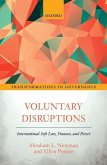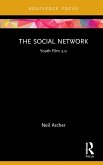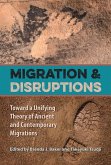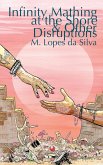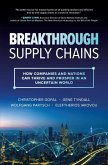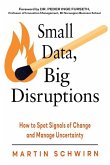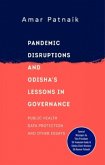The integration of artificial intelligence into the global workforce marks a transformative shift comparable to the Industrial Revolution, fundamentally altering how work is performed and valued. This comprehensive analysis examines AI's impact across multiple sectors, from financial services to healthcare administration, revealing a consistent pattern: while AI excels at automating routine tasks and processing data, it cannot replicate uniquely human capabilities such as emotional intelligence, complex problem-solving, and creative thinking. Industries most susceptible to AI disruption share key characteristics: high task predictability, data intensity, substantial labor costs, and strong scalability potential. However, rather than wholesale replacement of human workers, evidence points to a transformation of roles, with professionals evolving from task executors to strategic advisors. This evolution requires developing new skill sets that complement AI capabilities, including sophisticated analysis, relationship building, and strategic planning. Success in an AI-augmented workplace demands viewing AI not as a threat but as a tool for enhancing human potential. The future belongs to professionals who can seamlessly integrate human intelligence with AI capabilities, creating value through their combination. This requires continuous learning, development of hybrid skills combining technical literacy with human-centric capabilities, and a proactive approach to career evolution. The key to thriving lies in leveraging technology to unlock new possibilities for professional growth and value creation.
Hinweis: Dieser Artikel kann nur an eine deutsche Lieferadresse ausgeliefert werden.
Hinweis: Dieser Artikel kann nur an eine deutsche Lieferadresse ausgeliefert werden.


